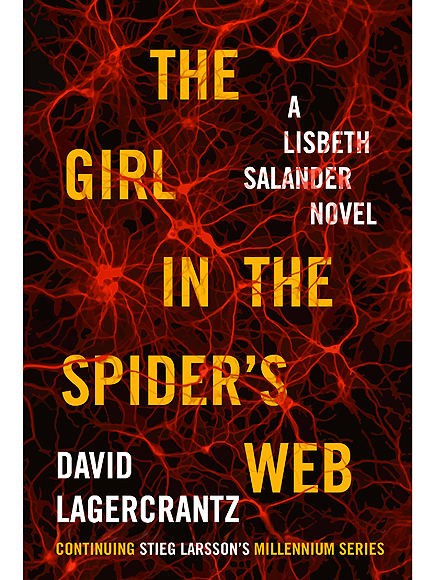There is a basic fact that we need to get clear here. Other than yourself, there is no one on this planet who wants your content showing up as often as possible in the SERPs than Google.
For nearly two decades Google has spent 100s of 1000s on giving you an education, and telling you exactly what it takes to get you listed as often as possible. They want you to be #1! Reels of Video Training on YouTube,. Free College Credit Classes at Universities across the nation, MOOCs, free advertisement with Adwords (up to $500 at times). Reams of pages, and the best Analytics program money can buy given to you with all the training and needs you could imagine -- for free.






